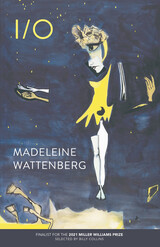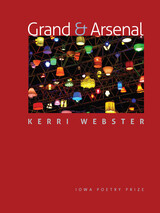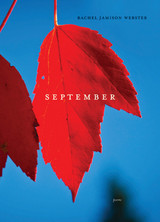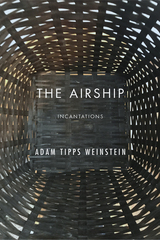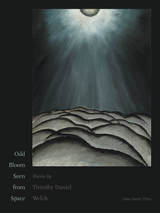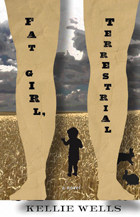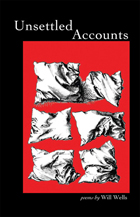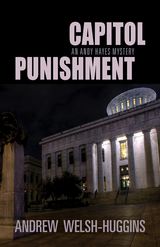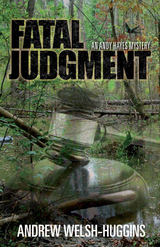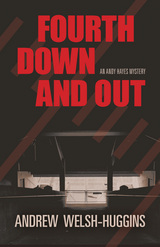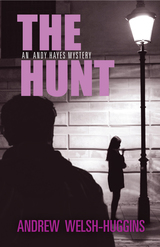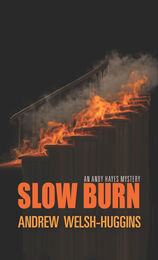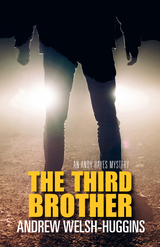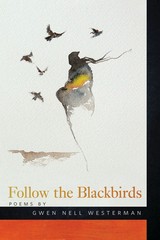The Fire Passage
Four Way Books, 2025
eISBN: 978-1-961897-37-3 | Paper: 978-1-961897-36-6
Library of Congress Classification PS3623.E4755
Dewey Decimal Classification 811.6
eISBN: 978-1-961897-37-3 | Paper: 978-1-961897-36-6
Library of Congress Classification PS3623.E4755
Dewey Decimal Classification 811.6
ABOUT THIS BOOK | AUTHOR BIOGRAPHY | REVIEWS
ABOUT THIS BOOK
Winner of the 2025 Four Way Books Levis Prize in Poetry selected by Pulitzer Prize recipient Diane Seuss, The Fire Passage is a lyric descent in the epic tradition, traveling unto realms unmoored by extreme weather and mysterious illness before resurfacing to the light of a world remade. Recording her experience of a health crisis amid continuous natural disaster, poet Lisa Wells recontextualizes biblically scaled plagues as the entropic catastrophes of our late-stage capitalist society. “I was sick, plainly. / I had my symptoms.” Confronted with the disbelief and “skeptical pity” of medical professionals, Wells brilliantly illuminates the psychological exile of illness where patients, “turned out by the body,” find themselves on “malignancy’s forced pilgrimage.” She remembers the fight for her life as a gauntlet of flame, a path guarded by gatekeepers who acted “as if the wound were in [her] mind.” (“And it was. But it was elsewhere, too.”) This book serves as the answer to a query posed by bad-faith actors and the insightful dream-self alike: “so the wound is a window?” These pages convey grim comfort and radical optimism at once, reminding, “Friend, we die, but do not die alone.” They insist on an affirmative practice of responding to rhetorical questions, building solidarity among the weary who call out, ensuring that they — that we — are not alone with silence. “It comes for all? // It comes for all.” Despite its frank acknowledgment of fire’s lethal nature, the fortifying poetics of this book never preclude the possibility of resurrection or lose their focus on rebuilding a better world from the ashes of this one. “Do not shrink from That Which / razed the scab, will / fertilize the disturbance,” Wells commands us. She entreats us to measure up to a corrective future. “Already its great wave breaks / against the mangroves. // Let us go / and greet it.”
See other books on: American | Epic | Poetry | Wells, Lisa | Women Authors
See other titles from Four Way Books



